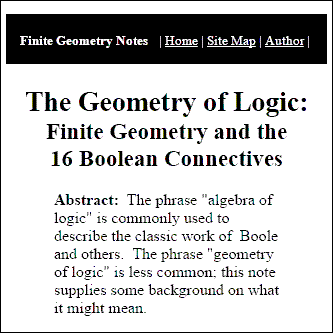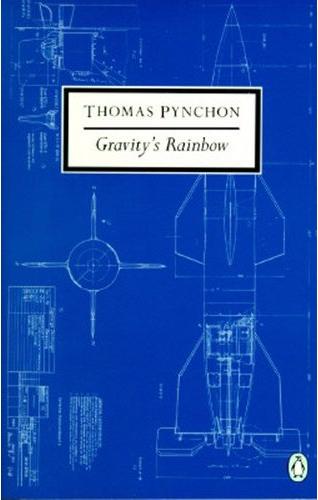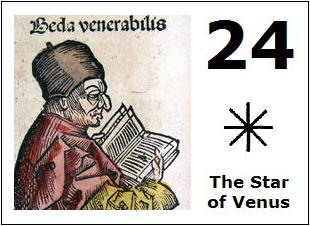
This morning's exercise in lottery hermeneutics is unusually difficult.
Yesterday was Bloomsday (the date described in
James Joyce's Ulysses ) and the New York Lottery numbers were…
Midday numbers: 3-digit 181, 4-digit 9219.
Evening numbers: 3-digit 478, 4-digit 6449.
For 181 and 9219, see the following—
"With respect to every event, we must ask
which element has been subjected directly to change."
— Ferdinand de Saussure, Course in General Linguistics
(New York, The Philosophical Library, Inc., 1959), page 181
That Saussure page number was referenced in the following thesis
on James Joyce's other major novel, Finnegans Wake—

The thesis is from the University of Vienna (Universität Wien ).

The word Wien , in the derived form denoting an inhabitant of that city,
figured prominently in yesterday's news.
As for the evening numbers—
478 perhaps signifies the year 478 BC,
cited in Lawrence Durrell's Sicilian Carousel as the year
the ruler Gelon died.
For the evening 6449, note that the poem by Wallace Stevens quoted
here on June 15 in A for Anastasios deals with "the river of rivers"…
perhaps signifying time.
Interpreting 6449 chronologically yields 6/4/49.
The film artist John Huston, discussed in an essay from that date,
might appreciate the representation of the ancient Sicilian
river god Gelas as a man-headed bull on a coin from
around the year 478 BC.
For some perceptive remarks about Durrell, see the
article by Nigel Dennis in LIFE magazine's Nov. 21, 1960
issue (with cover noting Kennedy's victory in that year's
presidential election).
All of the above may be viewed as an approach to the aesthetic
problem posed by Dennis in yesterday's Bloomsday post—
"The problem that arises with this sort of writing is
one of form, i.e. , how to make one strong parcel
out of so many differently shaped commodities,
how to impose method on what would otherwise
be madness."
"The world has gone mad today…." — Cole Porter
For some related remarks, see page 161 of
Joyce's Catholic Comedy of Language *
by Beryl Schlossman (U. of Wisconsin Press, 1985)
and James Joyce in the final pages of The Left Hand of God
by Adolf Holl.
* Update of July 6, 2011—
This title is a correction from the previous title
given here, Moral Language by Mary Gore Forrester.
Google Books had Schlossman's content previewed
under Forrester's title.


































